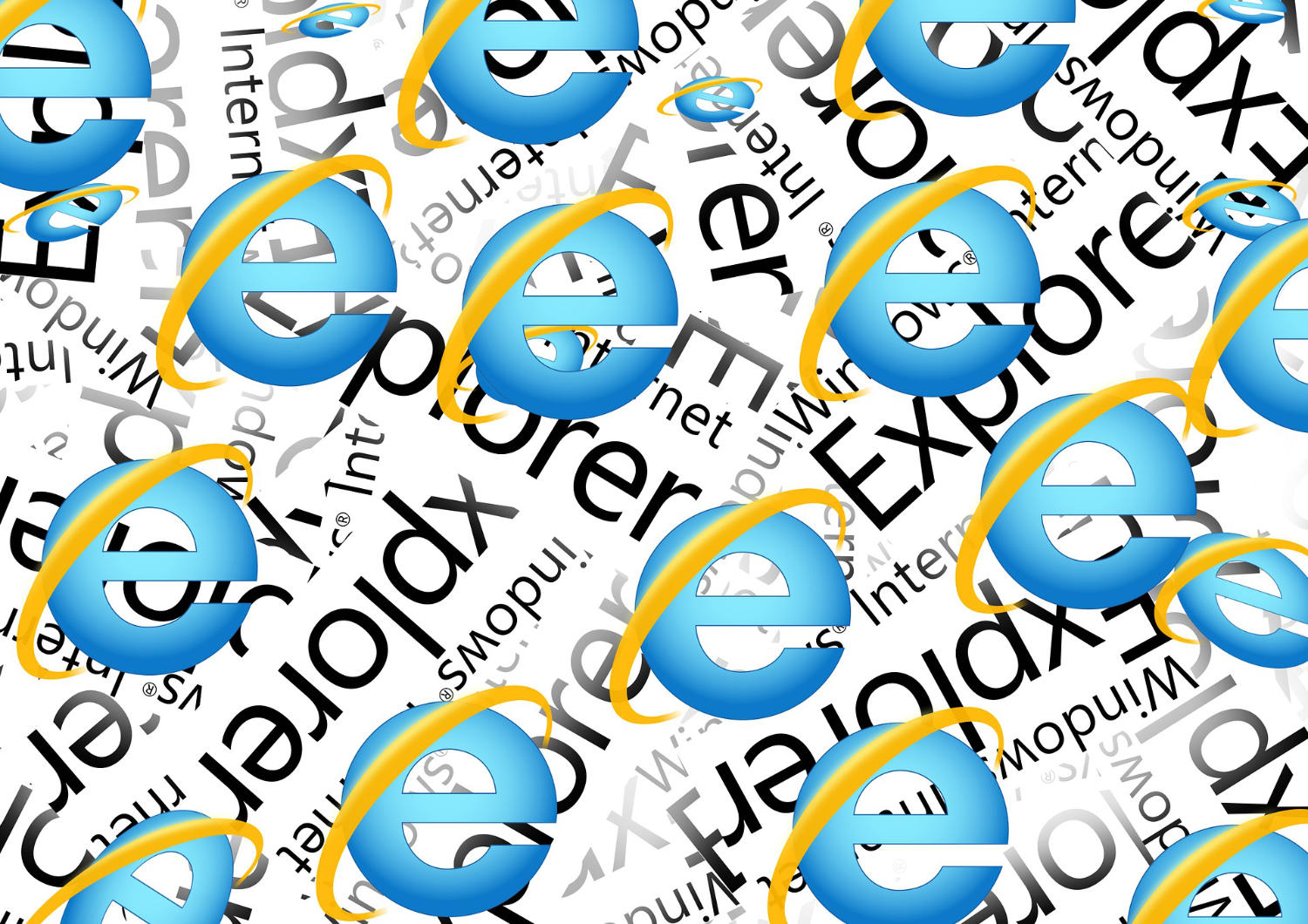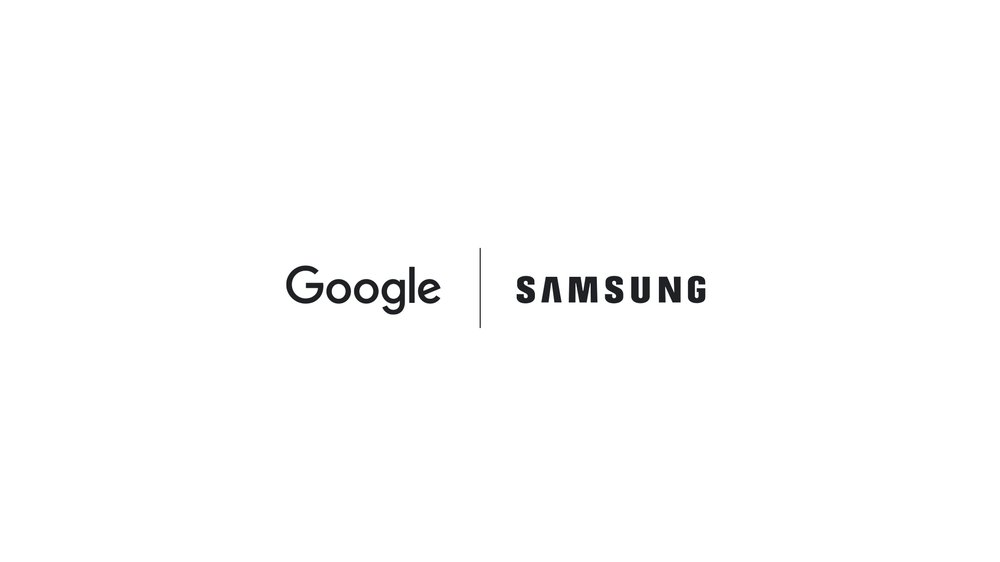Mac viruses and malware have reached an ‘unacceptable’ level, according to testimony from Apple senior VP Craig Federighi.
Many interesting details have emerged in the Epic vs Apple court case over the future of the latter’s App Store ecosystem. One of the most fascinating, however, is just how much the Mac is already being impacted by security threats.
Not that long ago, the Mac had the reputation of not being affected by malware or viruses. This was due to two factors: the platform’s UNIX underpinnings and security through obscurity. Because the Mac held such a low percentage of the market, it simply wasn’t worth it for hackers to invest a lot of resources to make Mac-specific malware.
According to Federighi, that appears to have changed in a big way. When Judge Yvonne Gonzalez Rogers asked why the Mac could allow app installs from multiple sources, but not iOS, Federighi drew a stark contrast between the level of security and protections the two platforms offer.
“It is regularly exploited on the Mac,” Federighi explained. “iOS has established a dramatically higher bar for customer protection. The Mac is not meeting that bar today.”
Federighi emphasized the disparity between the number of Mac users and iOS users, and the value of their respective ecosystems, making the point that things would be far worse for iOS users if it took the same approach as the Mac.
“And that’s despite the fact that Mac users inherently download less software and are subject to a way less economically motivated attacker base,” Federighi continued. “If you took Mac security techniques and applied them to the iOS ecosystem, with all those devices, all that value, it would get run over to a degree dramatically worse than is already happening on the Mac.”
All of this led to the admission regarding Apple’s view of the current state of Mac malware.
“And as I say, today, we have a level of malware on the Mac that we don’t find acceptable and is much worse than iOS,” Federighi said. “Put that same situation in place for iOS and it would be a very bad situation for our customers.”
Federighi’s explanation is at the heart of the case Apple is making, that keeping apps operating within its ecosystem help it provide the security and protection that people are paying for when they buy an iPhone or iPad. In contrast, individuals who don’t want that protection can buy Android.









